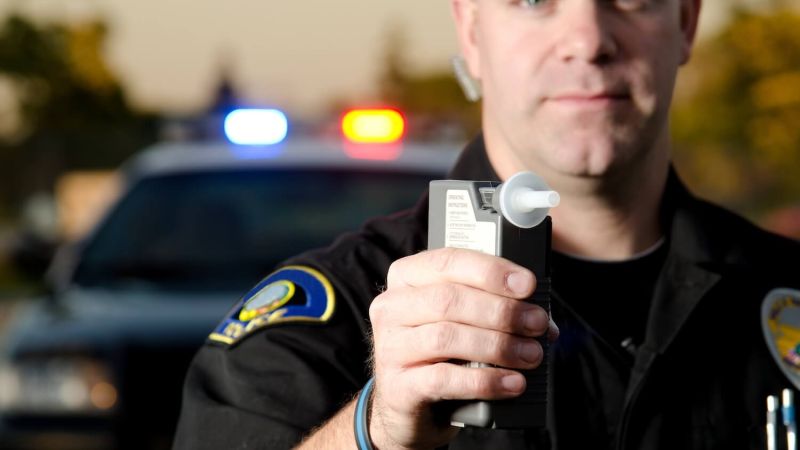The Smart Case: Understanding the Impact of Prior Drug Investigations on Warrantless Motor Vehicle Searches


On March 8, 2023, the New Jersey Supreme Court made a significant decision in the case of State v. Smart. In this case, the Court addressed the question of whether the automobile exception to the warrant requirement could justify a warrantless vehicle search during a police investigatory stop of a car linked to a narcotics investigation. The Court’s ruling was clear: under these circumstances, the search was unconstitutional, and the evidence must be suppressed. The Court held that for a warrantless search of an automobile to be legally justified, it must be based on probable cause arising from unforeseen and spontaneous circumstances. Otherwise, law enforcement must obtain a warrant prior to searching the vehicle.
The events leading to the motor vehicle stop in the Smart case closely resemble those in many narcotics investigations. These investigations often commence with informant tips, and this case was no exception. Roughly a month before the motor vehicle stop, law enforcement received a tip about an alleged drug dealer and the vehicle associated with his illicit activities. The informant not only provided Smart’s name, but also offered a detailed description of him and a photo of the vehicle involved. This information enabled law enforcement to conduct a database search and positively identify Smart, including his prior arrest record.
On the day of the motor vehicle stop, a detective involved in the investigation conducted surveillance on a known drug trafficking area and observed Smart entering the vehicle described by the informant. Additionally, the detective witnessed what he believed to be a drug transaction taking place. Based on these observations and what the police already knew about Smart, police initiated a motor vehicle stop, supported by reasonable and articulable suspicion arising from the detective’s observations. Both the driver and Smart were directed to exit the vehicle for questioning and were patted down for officer safety, with nothing incriminating found. When the driver declined consent to search the vehicle, officers called a canine unit to perform an exterior sniff for drugs. The canine alerted to the presence of narcotics in the vehicle, leading to a subsequent warrantless search where both narcotics and weapons were discovered. Smart was then arrested.
The New Jersey Supreme Court emphasized New Jersey’s robust protection against unreasonable searches, which exceeds the protections of the Fourth Amendment to the United States Constitution. In New Jersey, a warrantless search of a vehicle hinges on two essential elements: (1) there must be probable cause and that probable cause must be (2) unforeseeable and spontaneous, thereby preventing any “deliberate, orchestrated, [or direct connection] with the reason for the subsequent seizure of evidence.” In the Smart case, law enforcement’s prior knowledge raised significant concerns. They were well aware of the high likelihood of discovering narcotics in the vehicle due to their extensive prior investigation, which involved informant tips and surveillance of Smart before the motor vehicle stop. The Court made it abundantly clear that if law enforcement anticipates probable cause long before an automobile search, they are not permitted to circumvent the protections afforded under our State Constitution. The New Jersey Supreme Court made the right decision in suppressing all the evidence obtained through the unlawful warrantless search of the vehicle and Smart.
Search-related matters are highly fact-dependent, and it’s crucial to thoroughly assess all the details and circumstances of any search, particularly a warrantless one, when building a defense against criminal charges.

Written By Jeremy Lackey
Jeremy Lackey is a seasoned criminal attorney who served as an Assistant Prosecutor for the Burlington County Prosecutor’s Office and as a Deputy Attorney General for New Jersey Office of the Attorney General, Division of Criminal Justice, before co-founding the firm Lackey & Miller, LLC.










